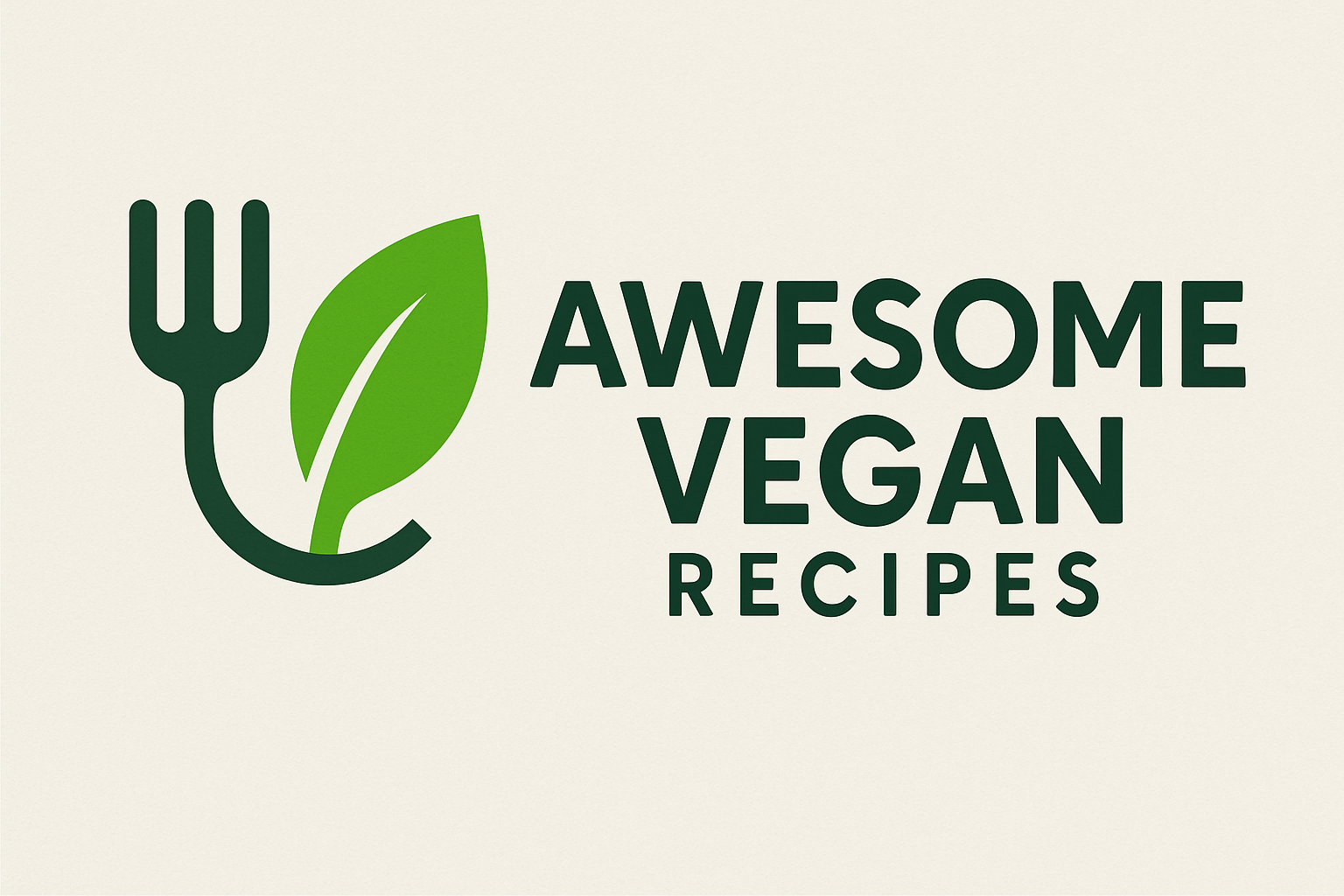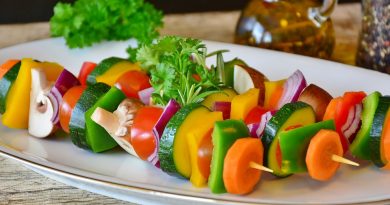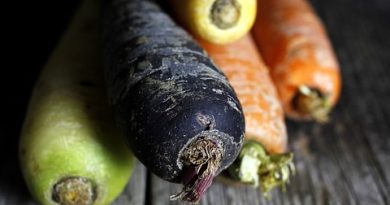Fuel Your Body with Plant-Powered Energy: A Guide to Vegan Nutrition
Fuel Your Body with Plant-Powered Energy: A Guide to Vegan Nutrition
In recent years, veganism has become increasingly popular as people become more aware of the health and environmental benefits of a plant-based diet. While some may still have concerns about getting enough nutrients on a vegan diet, the truth is that with proper planning and education, it is entirely possible to thrive on a vegan diet. In this article, we will explore the key nutrients to focus on when following a vegan diet, as well as practical tips for incorporating plant-based foods into your daily meals.
The Importance of Protein
One of the most common concerns surrounding a vegan diet is whether or not it provides enough protein. While it is true that animal products are a rich source of protein, there are plenty of plant-based foods that can fulfill your daily protein needs. Legumes such as beans, lentils, and chickpeas are excellent sources of protein, as are tofu, tempeh, and seitan. Whole grains like quinoa, brown rice, and oats also contain protein, as do nuts and seeds. By incorporating a variety of these foods into your diet, you can easily meet your protein requirements.
Essential Nutrients for Vegans
In addition to protein, there are several other nutrients that vegans need to pay attention to in order to maintain optimal health. Vitamin B12, for example, is not found in plant foods and must be obtained through fortified foods or supplements. Omega-3 fatty acids are essential for heart health and brain function, and can be found in flaxseeds, chia seeds, walnuts, and algae-based supplements. Iron is important for energy production and can be found in foods like lentils, spinach, and fortified cereals. Calcium is essential for bone health and can be obtained from fortified plant milks, tofu, and leafy greens.
Tips for a Balanced Vegan Diet
When following a vegan diet, it is important to focus on whole, nutrient-dense foods in order to ensure that you are meeting all of your nutritional needs. Here are some practical tips for incorporating plant-based foods into your daily meals:
1. Fill half your plate with vegetables: Vegetables are packed with vitamins, minerals, and fiber, making them an essential part of a vegan diet. Aim to fill at least half of your plate with vegetables at each meal.
2. Include a source of protein at each meal: As mentioned earlier, legumes, tofu, tempeh, and whole grains are excellent sources of protein for vegans. Make sure to include a source of protein at each meal to support muscle growth and repair.
3. Don’t forget about fats: Healthy fats are crucial for brain health and hormone production. Include foods like avocados, nuts, seeds, and olive oil in your diet to ensure that you are getting an adequate amount of fats.
4. Choose whole grains over refined grains: Whole grains like quinoa, brown rice, and oats are rich in fiber and nutrients, making them a better choice than refined grains like white bread and pasta.
5. Stay hydrated: Water is essential for overall health, so make sure to drink plenty of water throughout the day. Herbal teas, coconut water, and homemade smoothies are also good options for staying hydrated.
In conclusion, following a vegan diet can be a rewarding and fulfilling experience. By focusing on nutrient-dense plant foods, you can fuel your body with the energy it needs to thrive. With proper planning and education, you can easily meet all of your nutritional needs on a vegan diet. So go ahead and give it a try – your body and the planet will thank you!






